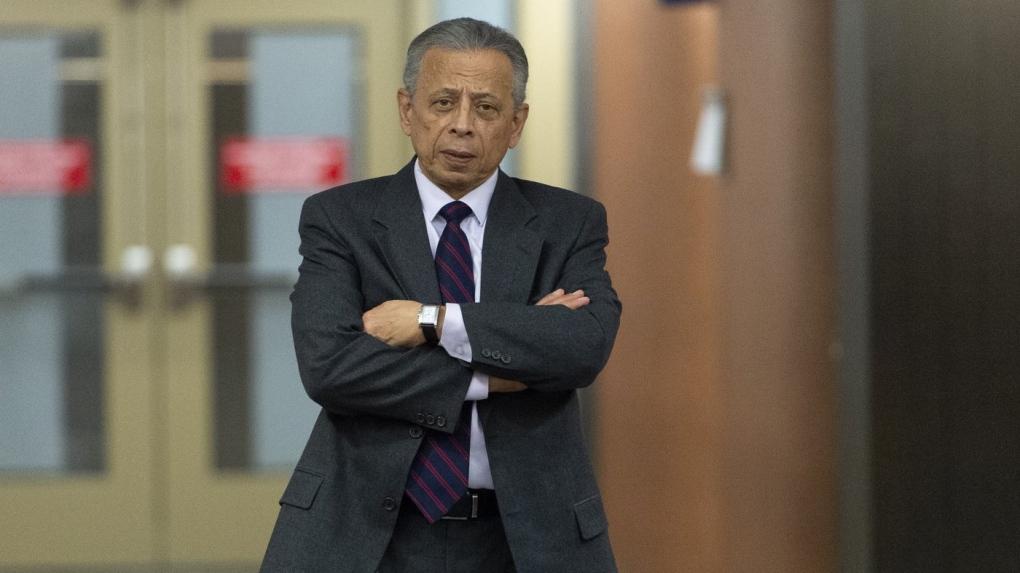A former SNC-Lavalin vice-president found guilty of bribing foreign officials—including the son of late Libyan dictator Moammar Gadhafi—and pocketing millions of dollars lost his appeal on Monday and was given 48 hours to report to prison.
Sami Bebawi, 76, appealed his 2019 conviction on the grounds that evidence gathered through an RCMP undercover operation that targeted his former lawyer should not have been admitted.





